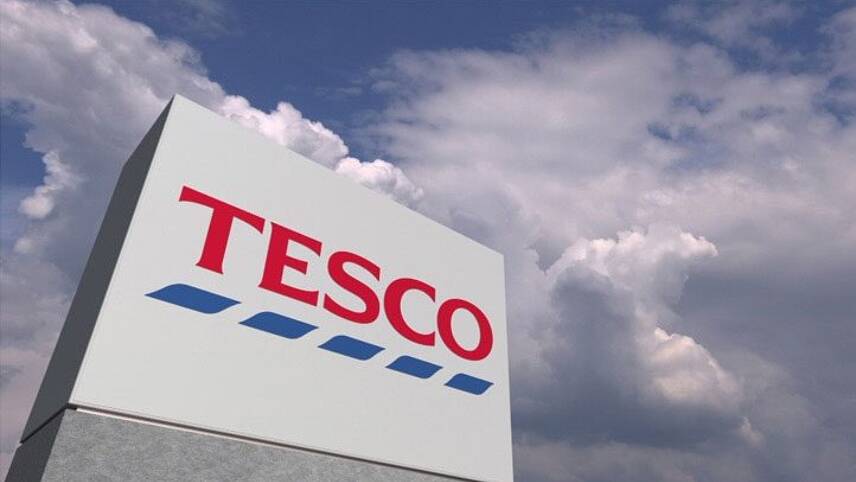Register for free and continue reading
Join our growing army of changemakers and get unlimited access to our premium content

The targets encompass interim aims to cut absolute Scope 1 and 2 emissions from its operations by 85% by 2030, using 2015 as a baseline year; and to reduce absolute Scope 3 emissions from energy and industrial sources by 55%.
Tesco is also incorporating SBTi guidance for companies to set targets that account for land-based emission reductions and removals. Under the initiative’s FLAG guidance, Tesco is targeting emissions reduction from forests, land-use, and agriculture (FLAG) by 39% by 2032, using 2019 as a baseline
Tesco chief executive officer Ken Murphy said: “With the effects of climate change now upon us, we’re absolutely committed to achieving our target of net-zero by 2050.
“We must work even harder, in collaboration with our suppliers and partners, to achieve our goals. These ambitious targets, validated by the SBTi, now provide us with a clear roadmap of action over the next ten years and beyond.”
The retailer has outlined its emissions reduction focal points in its planet agenda. Actions will be categorised into six domains including enhanced products, decarbonised transportation, minimised store emissions, promoted sustainable consumption, eradicated waste, and safeguarded nature.
In the pursuit of enhancing products, Tesco has pledged to achieve 100% deforestation-free status across all primary risk commodities by 2025; to attain LEAF Marque certification from all fruit and vegetable suppliers by 2025; to secure MSC certification for all wild-caught seafood by the year 2030; and to encourage suppliers to commit to a net-zero ambition by the end of 2023.
To decarbonise transportation, the company has set goals to achieve a fully electric home delivery fleet by 2030; to introduce electric HGVs within its transport system; and to opt for rail freight whenever feasible as a low-emission alternative to road transportation.
Under the goal of reducing store emissions, Tesco has committed to adopting 100% renewable electricity throughout its operations; to test and expand innovative technologies such as heat pumps across its stores; and to enhance refrigeration efficiency and lower refrigerant emissions by introducing aerofoil technology in its stores and distribution centres.
The company is further working towards increasing the proportion of healthy food sales to 65% by 2025 to promote sustainable consumption.
Moreover, the retailer has pledged to cut food waste in its own operations by 50% by 2025; to ensure that all packaging is fully recyclable by 2025; and to source all paper and board from 100% sustainable materials by 2025.
Tesco has also committed to participate in international initiatives such as Science-Based Targets for Nature (SBTN) and Taskforce on Nature-Related Financial Disclosures (TNFD) to ensure supply chain traceability, in a bid to protect biodiversity in the UK, South Africa, Kenya, and Spain.
WWF chief executive officer Tanya Steele said: “We welcome Tesco’s important step forward in setting SBTi-validated emission targets; this must now be matched by action to drive down emissions across their entire value chain.
“We are calling on all UK food retailers to match this ambition by setting science-based climate targets across their value chains and acting to put our food system on a sustainable footing, from farm to fork.”


Please login or Register to leave a comment.